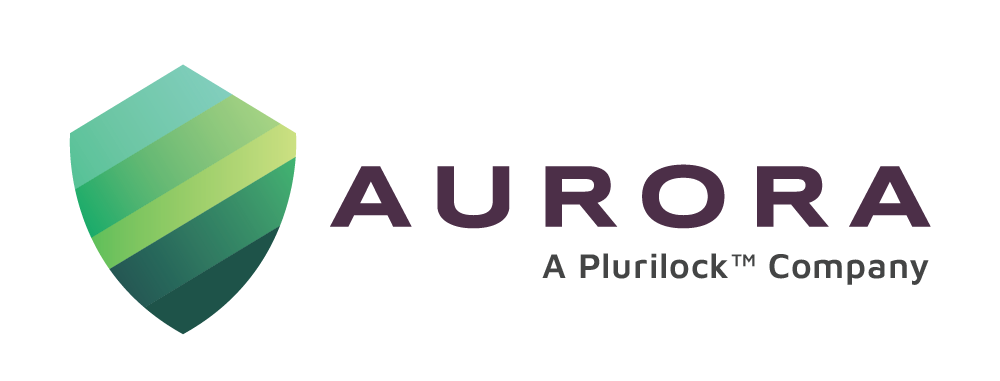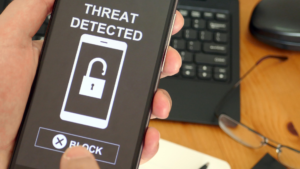For many of us, it started innocently enough. The first time we went online, whether it was the early days of AOL or our first Internet Service Provider, we chose a username and a password that was easy to remember. Then, as online stores increased and sites like eBay and PayPal became a part of our lives, we created additional usernames and passwords. Sometimes we could get away with the same choice, but when that dreaded “already taken” message pops up, we were forced to come up with something else.
Fast-forward to present day, and many of us may have 3, 5, or even more different usernames and passwords to access various websites. Those of us with poor memories (or who are over 40 – same thing) might not be able to keep all this data in our heads, and find ourselves repeatedly answering the “What was the name of your first dog?” question to have our password emailed to us yet again. And we worry that the use of hints or inboxes to jog our memory could be a security risk, especially with online financial transactions.
Is there a solution that offsets the login lapses triggered by diminishing brain cells? Indeed – it’s called OneID, and what this San Jose-based startup offers is a next-generation digital identity solution that allows you to move securely from site to site with just one username and password.
Think you’re happy? Imagine how this service helps online businesses, by reducing processing time and lowering their costs for authentication for each transaction, just by adding a few lines of code to their site.
Should OneID catch on, it would represent a huge infrastructure change to our online universe, one that seems inevitable if the technology backs up the claims. The fact that the company was founded by Steve Kirsch, the entrepreneur who already sold Infoseek for about $1.7 billion (give or take a couple of million) is encouraging.
However, this is a not a new idea. The catch – as it always is with identity software of any kind – is security. What price might consumers pay to have one digital identity for every site, whether accessed by a browser, mobile device or even the cloud, and have all of their payment information and form-filling requirements stored in one place?
According to the company, credit card and personal information associated with each username/password is stored on their personal devices using OneID’s software, and would not be exposed in the event of a security breach. There will also be a choice of security level for each transaction, with varying levels of convenience depending on the selection.
If nothing else, OneID has the potential to reduce multiple opportunities for personal data compromise to just one. And if that one ID is secure, the Internet may have just become a safer neighborhood. Aurora will monitor developments, and in the meantime has other security solutions to keep consumers and companies safe from a data breach. Contact us for more information.

—————————————————————————————————————————————————–
Get into contact with us;
*By Filling Out the Form Below
[contact-form-7 id=”3812″ title=”Blog Lead”]
*Phone: (888)-282-0896
*Email: sales@aurorait.com




